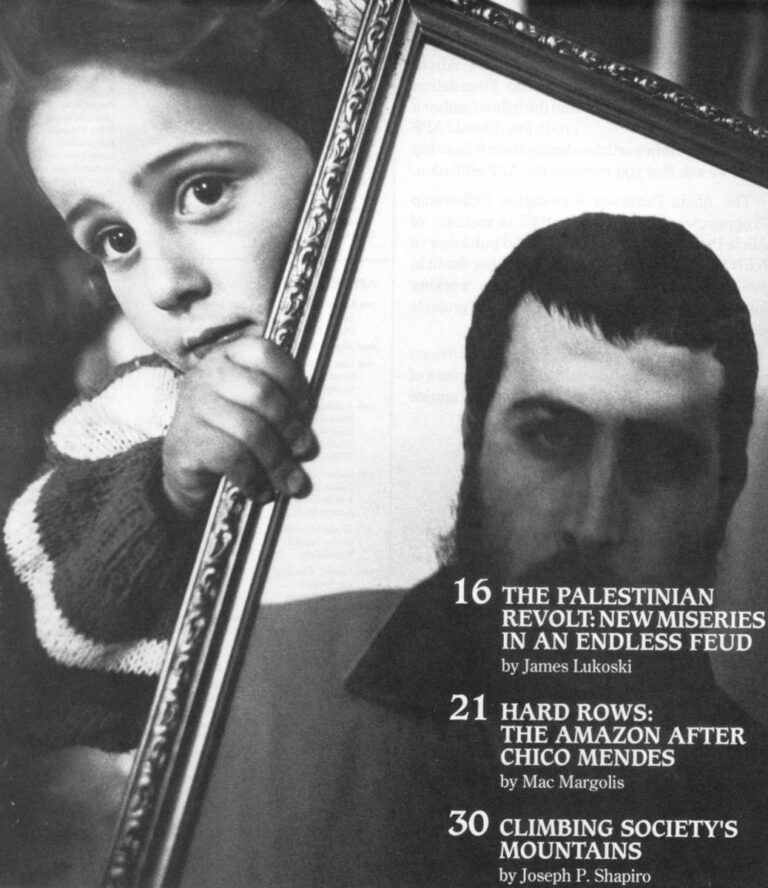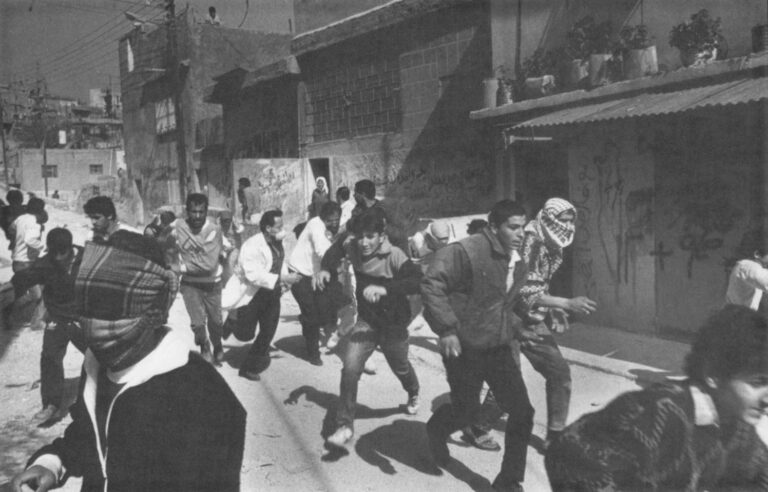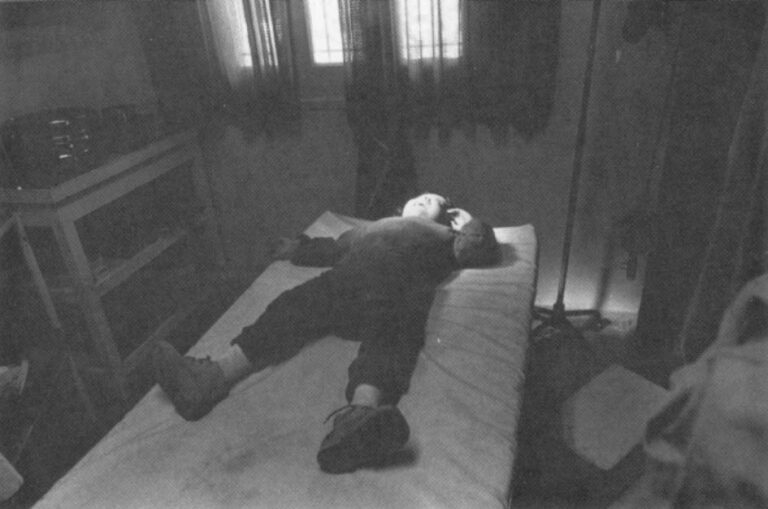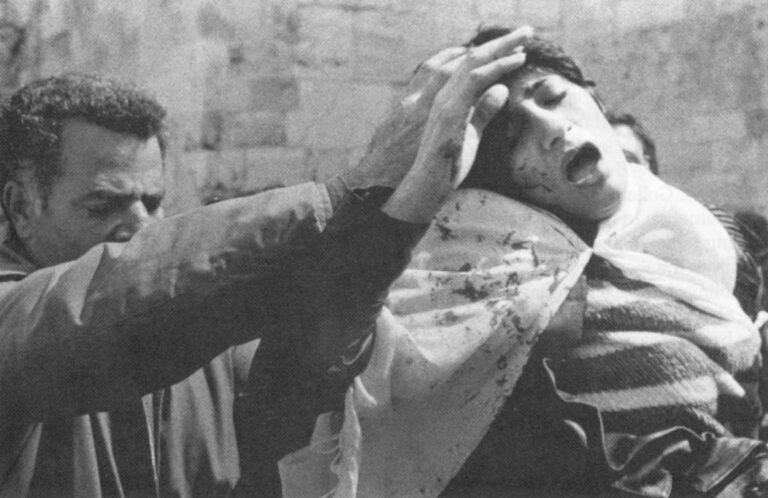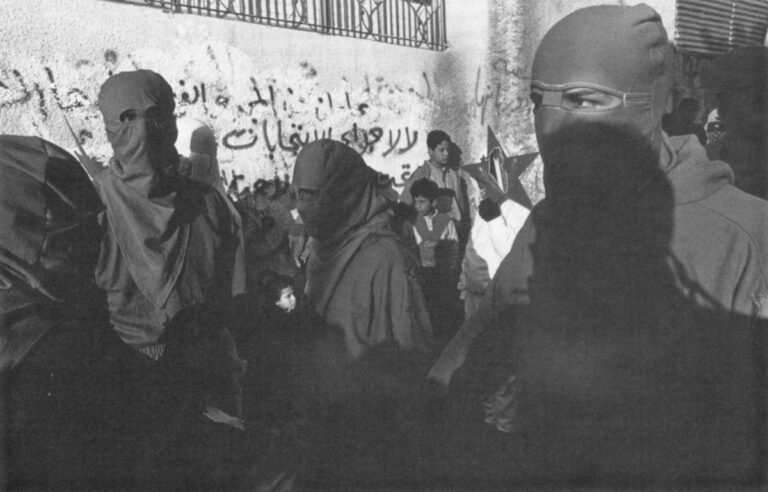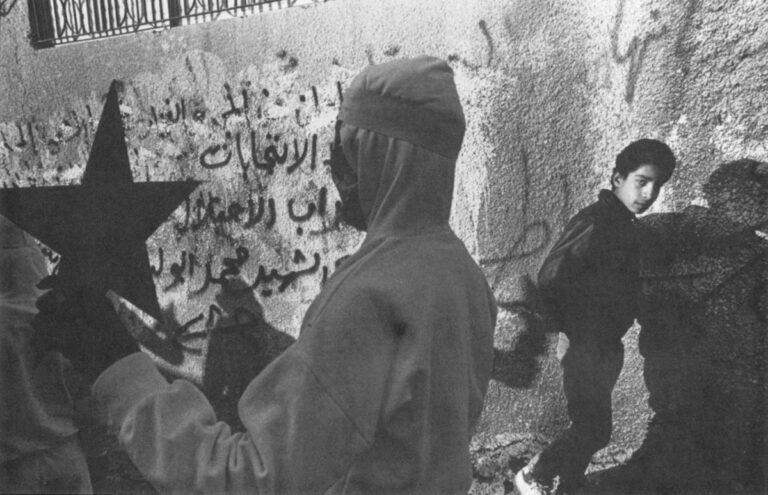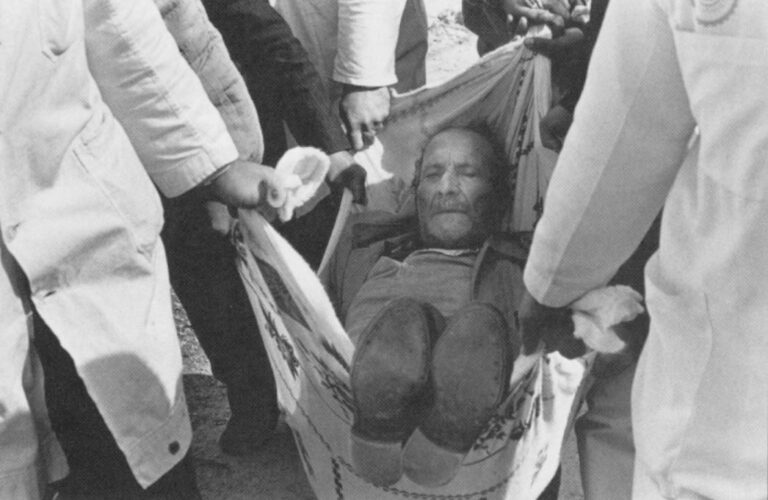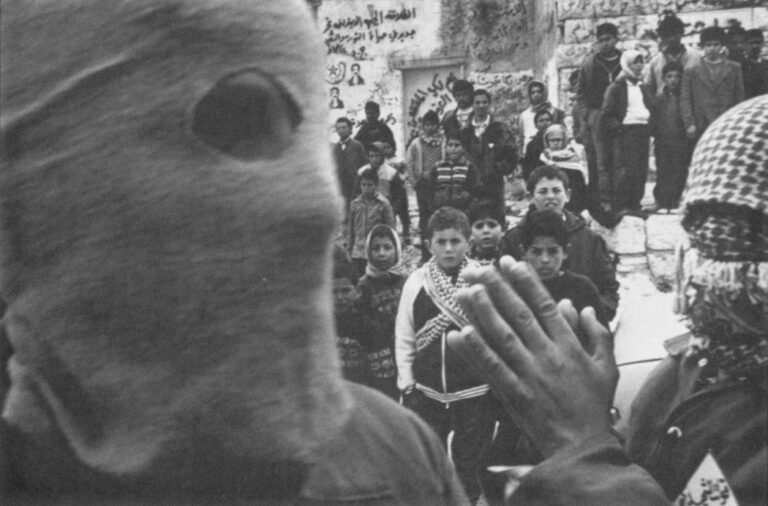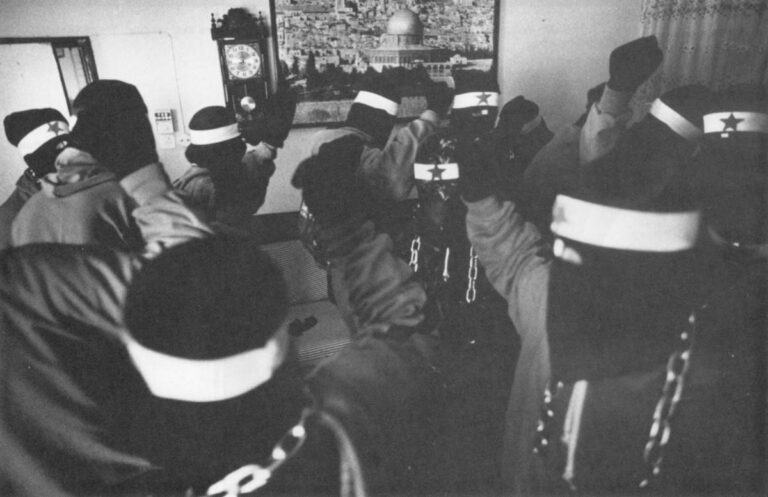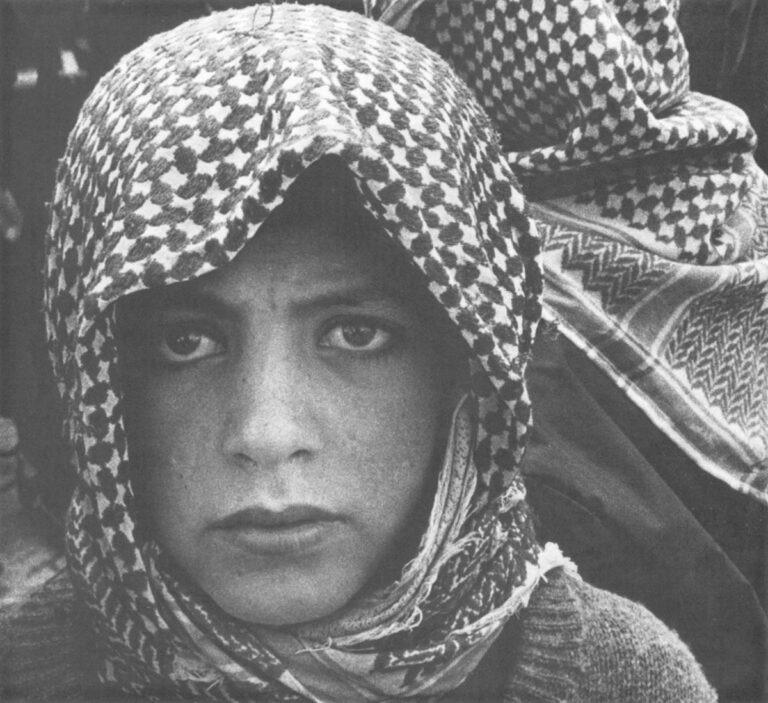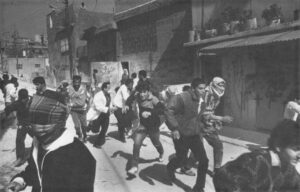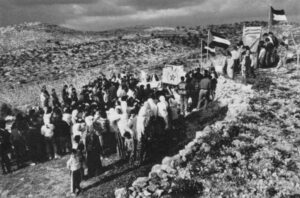WEST BANK–Well into its third year, the most recent Israel/Palestinian conflict continues to grind along unrelentingly. Israel’s control of the 1.7 million Palestinians in the West Bank and the Gaza Strip is maintained through military occupation, provoking an internal political and moral debate and strong policy questions from their international allies.
The Palestinian revolution has put thousands of their young people in political prison camps and hospitals and hundreds in their graves. Statistics do not reflect the misery and financial ruin that affects all Palestinians. Their pain cannot be offset by their few political victories.
The Intifada (“throwing off”) has given the Palestinians a new sense of pride and nationalistic resolve–a feeling that the young people can accomplish what their parents failed. They once again believe that they can stop the might of Zionism from taking their land and making it part of Israel. Dogged determination and their “David vs. Goliath” tactics have brought their situation to the world’s attention, forcing Israel to justify its domestic behavior to the world. There would be no rumblings of peace negotiations had not the children of Gaza erected the burning tire barricades and manned them with stones and slingshots. Many Palestinians say they have little to lose, and a growing number say that imprisonment, injury, or even martyrdom is preferable to continuing the status quo. They are demanding an end to Israel’s occupation of the West Bank and Gaza Strip and the right to form an autonomous government in a country called Palestine.
According to a poll conducted by the Israeli Institute of Applied Social Science Research, published in 1988, eighty percent of Israelis believe such a state would endanger Israeli security, and create a next-door sanctuary for radical Arab factions dedicated to the destruction of Israel.
Other, often overlooked factors, such as the interdependence of the two economies also have to be considered. Each day thousands of Palestinians commute into Israel from the West Bank and Gaza to work. They provide a cheap source of manual labor as they are willing to work for much lower wages than Israeli citizens. The Occupied Territories provide a large, captive market for Israeli goods and produce. As Israel is technically in a state of war with all of the surrounding Arab countries except Egypt, free trade in the region is impossible. Everyone agrees that the West Bank and Gaza hold valuable natural resources that are scarce within Israel proper. The most important of these is water. An autonomous Palestinian state would control the water Israel needs to grow food for its expanding population.
To religious Jews, the West Bank of the Jordan River is the Old Testament’s “Judea and Samaria,” providing for them an historic link and spiritual bond to the land. To everyone, it is a beautiful and open place where vistas filled with olive groves and shepherd’s flocks beckon those who have wearied of Israel’s crowded cities and suburbs.
Israel’s fiscal experts preach development and expansion to enable the country’s fragile economy to support the growing numbers of new Jewish immigrants from the Soviet Union and other countries. Palestinians fear that the new immigrants will be settled in the Occupied Territories, joining more than 10,000 Israeli settlers already there. They reason that the settlement movement is the precursor to Israel annexing the entire West Bank and Gaza Strip, provoking Palestinians to reverse one of Zionism’s famous slogans: “Palestine is not a country without a people for a people without a country.”
Weariness has not lessened the resolve of either side to the point of conceding enough for even a temporary peace in the area. Perhaps too much history has passed for the current generation to overcome. Daily skirmishes resulting in crippling wounds and fatalities fuel new hatreds, while the various “Shamir-Baker-Mubarak-Arafat” peace plans endlessly are discussed and dissected. Each new injury hardens minds like scar tissue; slowly obscuring, then strangling the nerves of reason. Both the Israelis and the Palestinians recite rhetoric and lobby the world with their statistics and facts proving that it is the other who is being intransigent. The result: another chapter in an ancient tribal feud that seems to endlessly defy peaceful resolution.
©1990 James Lukoski
James Lukoski, a freelance photographer, is examining the Israeli-Palestinian conflict.
